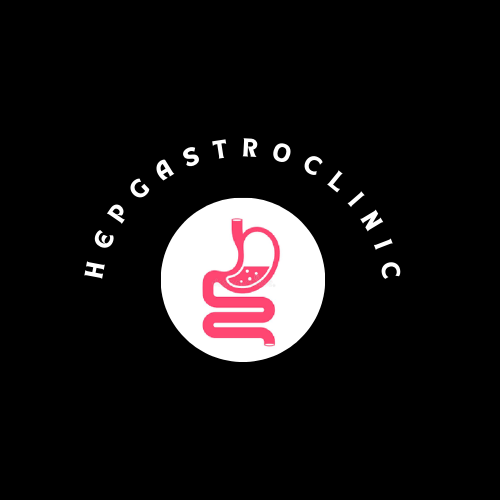The best treatment for Helicobacter pylori 2022 and treatment of Helicobacter pylori in children
In this article, we will talk about the specifications of the best treatment for Helicobacter pylori and what is the treatment of Helicobacter pylori in children.
The best treatment for Helicobacter pylori should have the following specifications:
First, the patient can bear it, whether financially or healthily
For example, if the patient suffers from severe nausea and
vomiting, and the analysis confirmed that he has stomach germs
At that time, he should not be given a bactericide treatment
that contains antibiotics that may cause abdominal pain, which increases the
patient’s fatigue, so he takes a tablet, and causes him severe fatigue and he
cannot complete the treatment
Second, the treatment must contain at least two types of antibiotics
Sometimes the doctor prescribes to the patient two types of
antibiotics, so he takes one and leaves the other because it causes him
trouble, and sometimes he prescribes 3 types of antibiotics to the patient, in
the resistant cases that do not respond to treatment with two types of
antibiotics.
Third, the duration of treatment
The duration of treatment ranges from 10 days to two weeks,
depending on the treatment regimen. The doctor cannot prescribe treatment for
the patient for a week or for a month and a half because this exposes him to
problems, whether in the liver or in the kidneys.
Fourth, choosing the appropriate antibiotic for the patient
It is important when choosing the type of antibiotic that
the treating doctor chooses a type that the patient is not accustomed to using.
He must first ask the doctor about the antibiotics he used in the last 6
months because there are patients who take Flagyl when diarrhea occurs and
patients who take Augmentin when they feel pain in the throat.
These medicines were sometimes used to treat stomach germs,
but now they are useless because some patients are addicted to these
antibiotics.
Fifth: Knowing the medicines that patients respond to in the geographical area
Patients may not respond to a particular antibiotic in one
country, while patients in another country may not respond to it.
Sixth: Ensure that there are no contraindications to the use of this type of antibiotic
The doctor does not prescribe a germ treatment to a patient
without knowing his condition, such as kidney and liver functions, and this
determines the type of antibiotic used
Seventh: Ask the patient if he is allergic to any antibiotic
Where many patients suffer from an allergy to some antibiotics,
the most famous of which is penicillin allergy.
Eighth: the patient's age
The medicines that
are used for young age are different from those used for the older age
Ninth: It is also important to alert the patient to two points
The first is that the patient will not feel better during treatment
It is important to qualify himself that not after one or two
doses he will feel better and that he will not feel better until after the end
of the treatment and that during the treatment he will feel some side effects
of the medicines such as bitterness in the mouth, nausea, and abdominal pain,
and this is a normal thing and the feeling of improvement will begin after the
end of the two weeks of treatment
The second thing is not to do a Helicobacter pylori analysis again until a month and a half after the end of treatment
Because some patients, unfortunately, do the analysis
immediately after the end of the two weeks of treatment, and if it is positive, so
they go to another doctor and take another treatment, so the patients must be
patient for a month and a half after the end of the treatment to make sure that
the germ is removed.
What is the treatment of children with Helicobacter pylori?
For children under 12 years of age who are infected with stomach
germs, it is not recommended to give them any treatment except in certain cases
First: That the child complains of constant pain in the
mouth of the stomach, and when the gastroscopy was done, ulcers appeared in the
stomach or duodenum.
Second: The child suffers from iron deficiency anemia,
and when researching all the causes that cause iron deficiency anemia, the
cause was not known. In this case, the child is given treatment for stomach
germs because it is one of the causes of iron deficiency anemia.
Third: Some patients who have an immune deficiency in
platelets found that if they suffer from Helicobacter pylori and they are
treated, this immune deficiency will improve.
Why not treat children infected with Helicobacter pylori?
First: The chance of a child developing complications because
of Helicobacter pylori is very, very low.
Second: the child with his immunity can eliminate the germ.
Third: Children constantly get stomach flu and colds, and
they take antibiotics in abundance, and the germs have immunity against
antibiotics, and therefore if they take the treatment of Helicobacter pylori,
the child may not respond to it because they took different types of antibiotics
previously, so it is not preferable to give the treatment of Helicobacter
pylori to children Less than 12 years old.
Conclusion
The best treatment
for stomach germs must have certain specifications, and it is not preferable to
give treatment to children except in certain cases.

